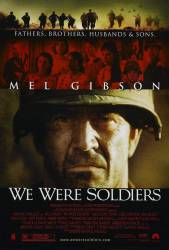
Question: Would a sergeant-major participate in a mission?
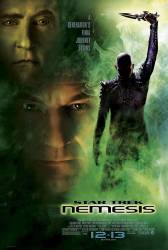
Question: Wouldn't Shinzon have had to know where the enterprise is being assigned in order lure them to pick up B-4? Data's brain has a safeguard so his positronic energy signature cannot be tracked. And how did he know a different ship instead of the enterprise wouldn't come to Remus to pick up B-4?
Answer: Long range sensors can show the general location of specific ships (this is part of the reason Romulans and Klingons use cloaking devices). All Shinzon has to do is find a remote planet close enough to the Enterprise that would cause them to be the most prudent choice to investigate. It's definitely a gamble but not one that is made without calculation.
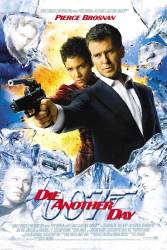
Question: In "The World Is Not Enough" Bond, using his intuition, correctly assessed that Elektra King had sided with the villain. So why did he never suspect for a second that Miranda Frost had done the same in this film?
Answer: Bond's suspicions about Elektra King were triggered by his discovery that her head of security, Davidov, was working with Renard. With Miranda Frost, there was nothing that would have led Bond to believe she was a double agent working for Graves/Moon in any capacity other than her undercover MI6 assignment.
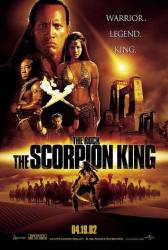
Question: In Roger Ebert's review, he says "...Mathayus intones, 'As long as one of us still breathes, the sorcerer will die.' See if you can spot the logical loophole." I can't - what's the problem with that line?
Chosen answer: By the way Mathayus is saying it, it sounds like he is saying as long as him or the sorcerer still breathes, either he or the sorcerer will die, but he is trying to say as long as one of the Akkadians are breathing, they will not stop trying to kill the sorcerer until he is dead.
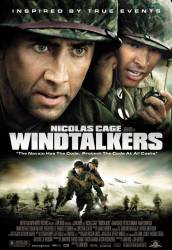
Question: I can understand why they would use code when talking about positions, objectives, etc. but when they call in the air strike from the battleships, what's the point of using code? Also, later in the film, when the same situation arises, they don't use the code. Seemed like it was just a silly way to introduce the whole premise for the movie.
Answer: The point of using the Navajo code to call in air strikes was to encrypt what the Marines were requesting without the Japanese being able to decipher what was said. This is critical because during the Battle of Saipan, the Japanese made extensive use of caves and reinforced earthworks to support their artillery positions and machine gun nests. The delay between requesting artillery support and the act of carrying it out allowed the Japanese to withdraw their infantry to relative safety before the fire mission could commence. By using PVT Yahzee and PVT Whitehouse, they were able to circumvent this and request attacks without the Japanese knowing what was coming. The only time Yahzee does not use the code is when he uses the Japanese radio to call off the artillery strikes that were falling short and hitting Marines. This situation required immediate attention and it would not have been appropriate to use the code.
Answer: They used the code to call in the strike so the Germans couldn't get the U.S. to bomb their own troops. I don't know why it wasn't used in the other situation.
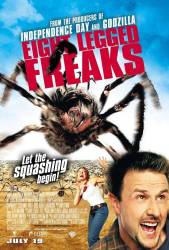
Question: Do the spiders grow big because of the food that they are fed, or because of the chemicals spilled in the water?
Answer: Both! The owner of the spider farm was feeding the spiders bugs from the water that had the chemical spill in it. The bugs were contaminated with the chemical, thus contaminating the spiders. Note: The man who owned the spider farm had no idea about the contaminated water.
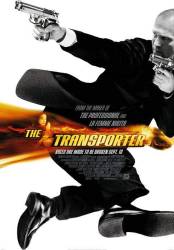
Question: After the Transporters BMW gets blown up he goes back to the house and starts beating everyone up. Whats the song that plays during the the whole scene? I don't think it's on the soundtrack.
Answer: It's not in the soundtrack. The song is "Fighting Man" by "DJ Pone & Drixxxe".

Question: Does anyone know if they are really going to make a sequel (Kung Pow: Tongue of Fury)? Or was this just a simple joke at the end to get one last laugh?
Answer: If they do, it will come out in 2006, as it says on IMBD.
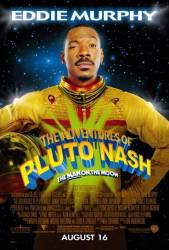
Question: I know Hilary Clinton is on one of the denomination of the lunar money. But at the end, when Felix is in Pluto's new club, there's money sitting on a waitress' tray of a different denomination with someone else on it. Who is on that bill? If there were other bills seen (i.e. deleted scenes) who is on those?
Answer: You can't see any other bills and there are no deleted scenes that show the money either. The only money gag in the film is with Hilary Clinton.
At 1:27:38 there's money on the waitress' tray that does not appear to be Clinton as the profile angle is different.
That's true but you cannot see it well enough to answer the question of who is on the bill.
I couldn't tell either, or find it online. That's why I asked, hoping someone with knowledge of Pluto Nash props would know or perhaps it was mentioned in a DVD extra somewhere. It's clear that it's lunar money and time and effort went into making it, so someone has to know.
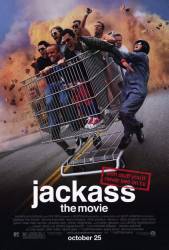
Question: What song is played during the opening credits? It sounds familiar, but I can't quite place it. What other movies has it been used in?
Chosen answer: It's Carl Orff's classic composition "Carmina Burana". It's most prominent use was in Excalibur (1981), other movies to feature it include Detroit Rock City and General's Daughter (both 1999).

Answer: This one did, everything ascribed to him in the film was true.
Farmersboy
CSM Plumley's records show that he served in 320th Glider Field Artillery Battalion as a scout. The 320th participated in two glider assaults in the European Theater. Also, Plumley never served in Korea during the Korean War, so he couldn't have participated in one of the two combat jumps of that conflict. His record book indicates he was at Ft. Campbell, Kentucky (1951 to early 1953) when he received orders to Germany. Finally, he never claimed to have made any combat jumps in his career.